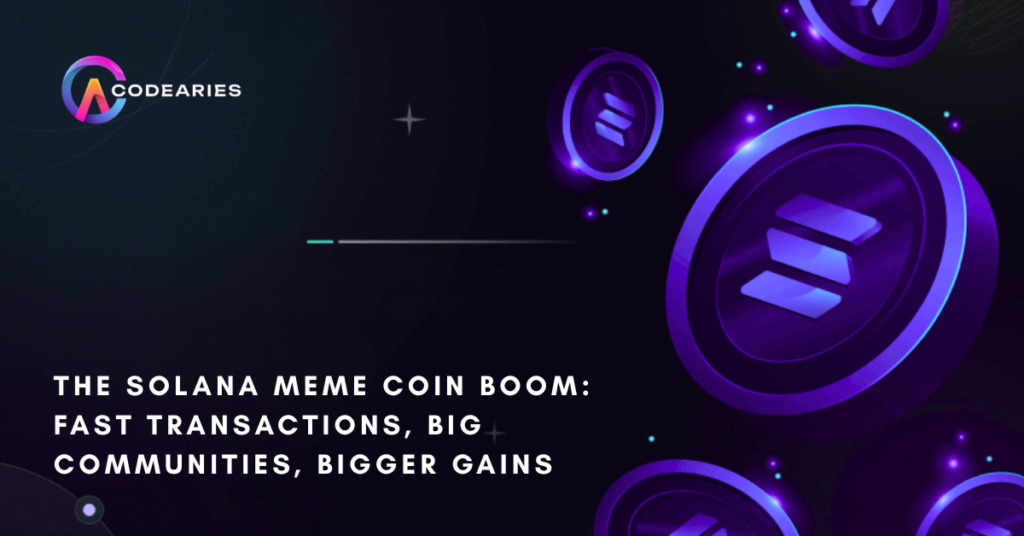The Rise of AI Trading Agents: Will DeFAI Disrupt Human Traders?
Read 8 MinAI trading agents are emerging as a new breed of autonomous systems that can monitor markets around the clock, analyze thousands of signals every second, and execute strategies across both centralized and decentralized exchanges without the emotional biases or fatigue that humans experience. In the world of crypto, this trend is increasingly referred to as DeFAI, which blends decentralized finance with AI driven trading logic. These agents operate on blockchain networks or around smart contracts, directly interacting with DeFi protocols. They pose a significant challenge to traditional discretionary traders and even many systematic human traders by drastically reducing reaction times, capitalizing on tiny inefficiencies, and scaling strategies to levels that no manual trading desk can match, all while introducing new types of systemic risk. From bots to AI trading agents Basic trading bots have been around for years, executing simple rules for market making, arbitrage, or trend following. They depend on hard coded conditions and often fail when market conditions change or data becomes erratic. AI trading agents take it a step further. They leverage machine learning models to identify patterns in price movements, order books, on chain flows, and even off chain news sentiment. These agents can adapt their strategies over time, learning which signals are significant in various volatility environments and adjusting their allocations accordingly. In the DeFi space, AI agents can connect directly to smart contracts, providing liquidity to automated market makers (AMMs), adjusting positions in lending markets, hunting for on chain arbitrage opportunities, and rebalancing portfolios in near real time. Instead of a human monitoring dashboards, an agent keeps an eye on the mempool, liquidity pools, and oracle feeds, executing complex multi step transactions seamlessly. This blend of autonomy, speed, and composability is what sets DeFAI apart from traditional bot based trading setups. Why AI is so powerful in trading Markets are constantly churning out massive streams of data, think tick data, order books, liquidations, funding rates, social media chatter, and macroeconomic news. It’s a lot for human traders to keep up with on a continuous basis. That’s where AI models come in, especially those using deep learning and reinforcement learning. They can handle vast, multi dimensional datasets and spot complex, non linear relationships between various inputs and future returns or risk profiles. By analyzing factors like volatility clusters, order book imbalances, whale wallet movements, and correlated asset shifts, they can predict short term price movements. AI also helps eliminate emotional biases that often plague human traders. Emotions like fear of missing out, loss aversion, and the tendency to overtrade after a loss can cloud judgment. Well designed AI agents, on the other hand, adhere to data driven strategies and risk management rules. They know when to pull back on exposure if the signals start to weaken, rather than doubling down on losing trades. Over time, this disciplined approach can lead to significant performance advantages, especially in high frequency or intraday trading, where human emotions and reaction times can be major drawbacks. How DeFAI agents operate in on chain markets In the world of decentralized finance, AI trading agents engage with protocols in a variety of ways. One common approach is autonomous market making. These agents keep an eye on volume, volatility, and order flow on automated market makers (AMMs), adjusting liquidity ranges, fees, or pool allocations in real time. For instance, an AI agent might decide to concentrate liquidity closely around the current price or spread it out to minimize impermanent loss. They can also shift liquidity between different pools or chains based on yields and risk assessments. Another strategy involves cross protocol arbitrage and rebalancing. An AI agent continuously scans for price differences between decentralized exchanges (DEXs), centralized exchanges (CEXs), and derivatives markets. When it identifies mispricings, it can execute complex multi leg trades, including flash loans, to secure profits. Additionally, it can rebalance collateral and borrowing across lending protocols, optimizing funding costs for a treasury or investment fund based on current rates and utilization. Portfolio style DeFAI agents are designed to handle longer term investments. They typically spread their allocations across blue chip tokens, DeFi governance tokens, stablecoins, and yield strategies, all based on risk models that take into account on chain analytics like protocol total value locked (TVL), governance activity, emission schedules, and whale movements. These agents regularly rebalance their portfolios and may use options or perpetual contracts to hedge when necessary. Will AI agents replace human traders AI trading agents are set to take over many roles in trading, but they won’t replace everything. Routine tasks like basic arbitrage, passive market making, and straightforward trend strategies are already being handled by algorithms in traditional finance, and this trend is only speeding up in the crypto space. As DeFAI continues to evolve, the proportion of trading volume managed by autonomous agents is expected to increase, putting pressure on discretionary traders who don’t have a distinct informational or structural advantage. That said, markets are intricate and adaptive systems. Human creativity is still vital for crafting innovative strategies, shaping new narratives, and grasping regime shifts that disrupt previous correlations. People are particularly good at interpreting complex geopolitical events, regulatory changes, or technological advancements that models may not have encountered before. The most successful trading organizations will likely blend human strategic insight with AI agents for execution, scanning, and optimization, creating a hybrid model where humans and machines work together rather than one completely replacing the other. Another significant limitation is that models rely on historical data for training. When markets venture into truly uncharted territory, AI can falter dramatically if not properly managed. Human oversight is essential for tracking performance, stepping in when assumptions fail, and determining when to retire or retrain models. Therefore, DeFAI is more likely to shift human traders into roles as supervisors and designers of agent ecosystems rather than eliminate them altogether. New risks introduced by DeFAI As AI agents continue to gain traction, several systemic risks start to surface. Herding and correlation: When numerous agents are trained on












